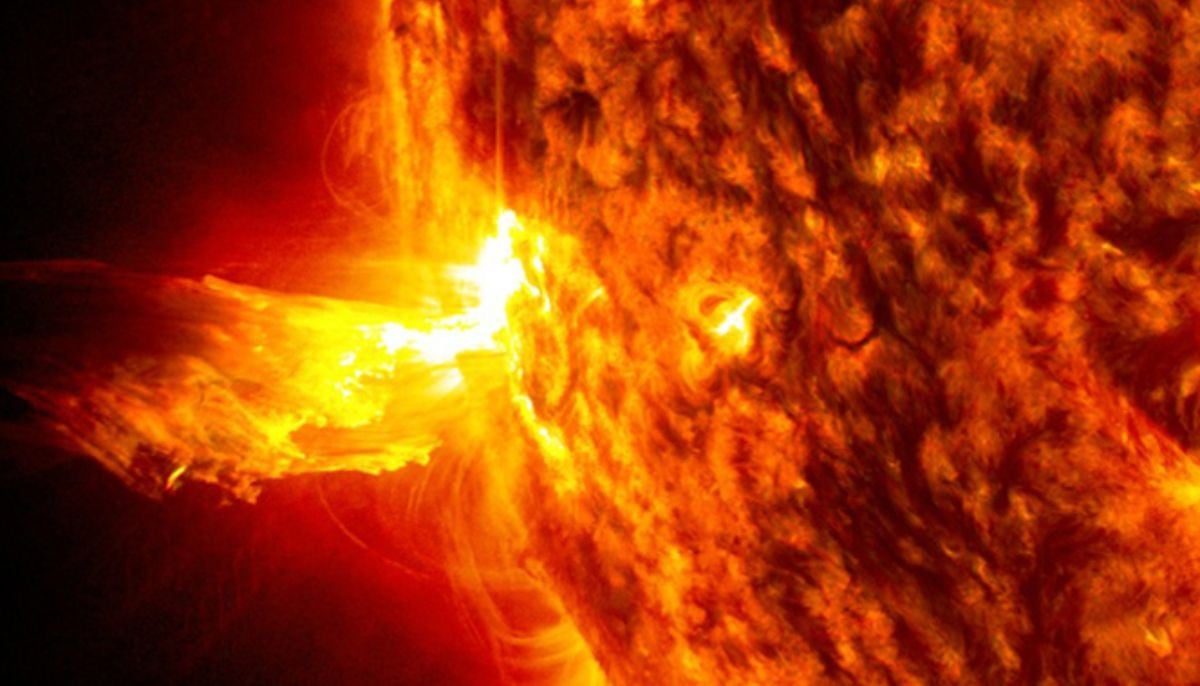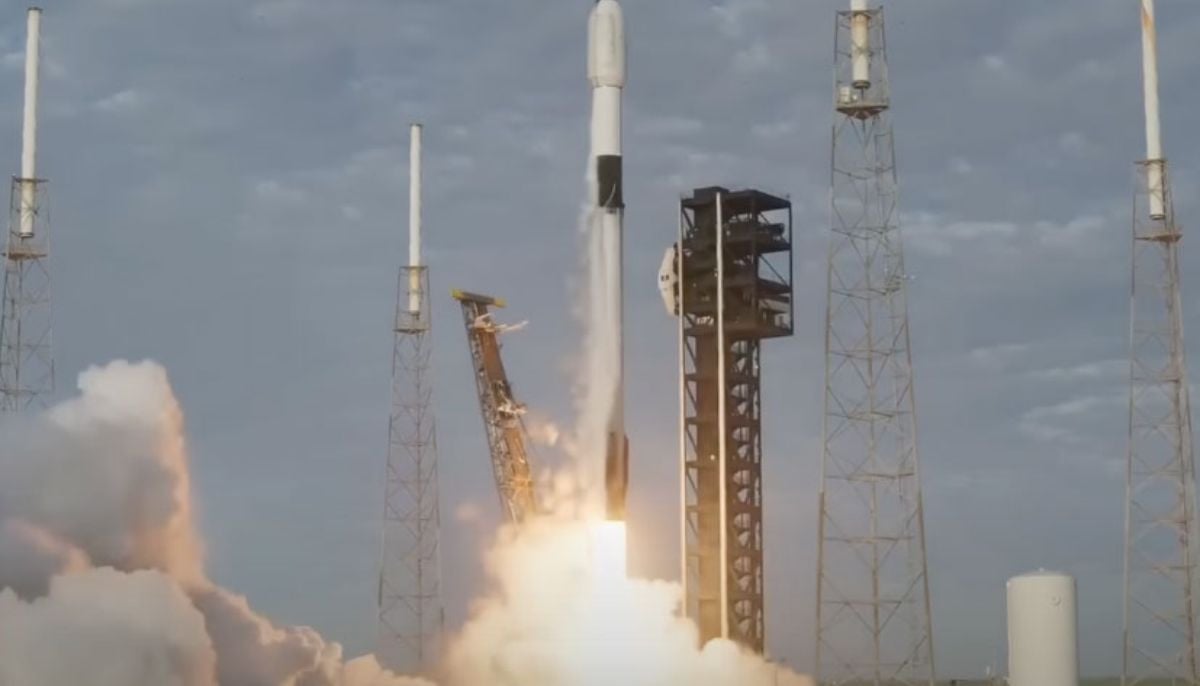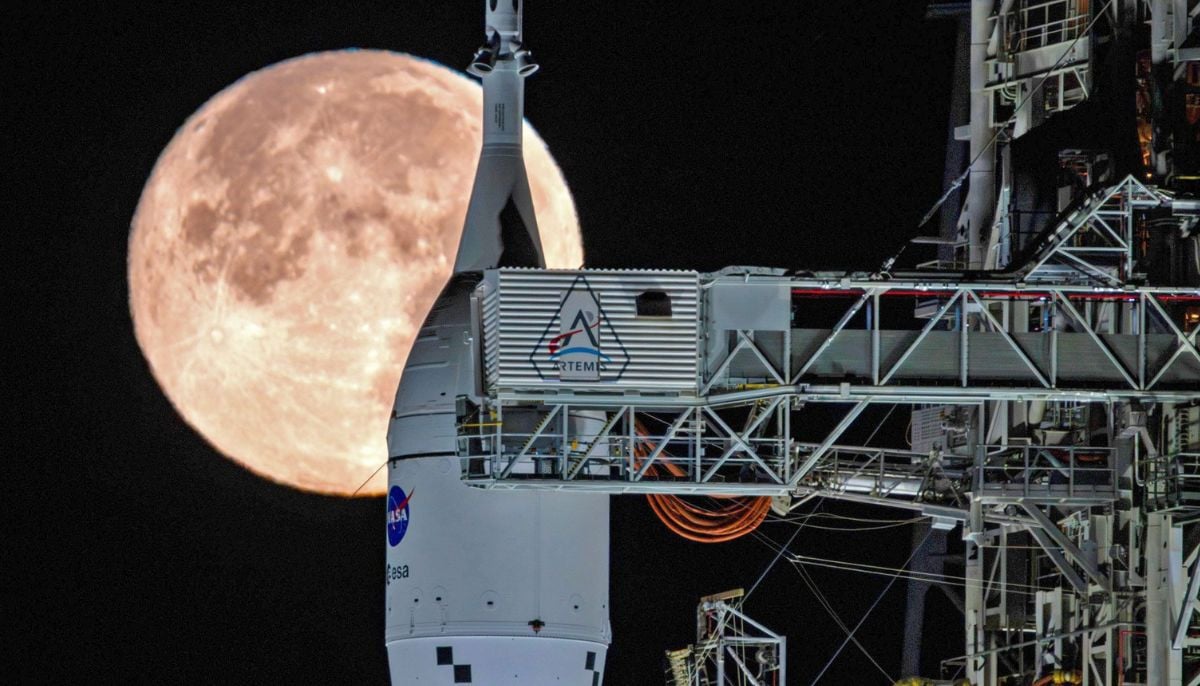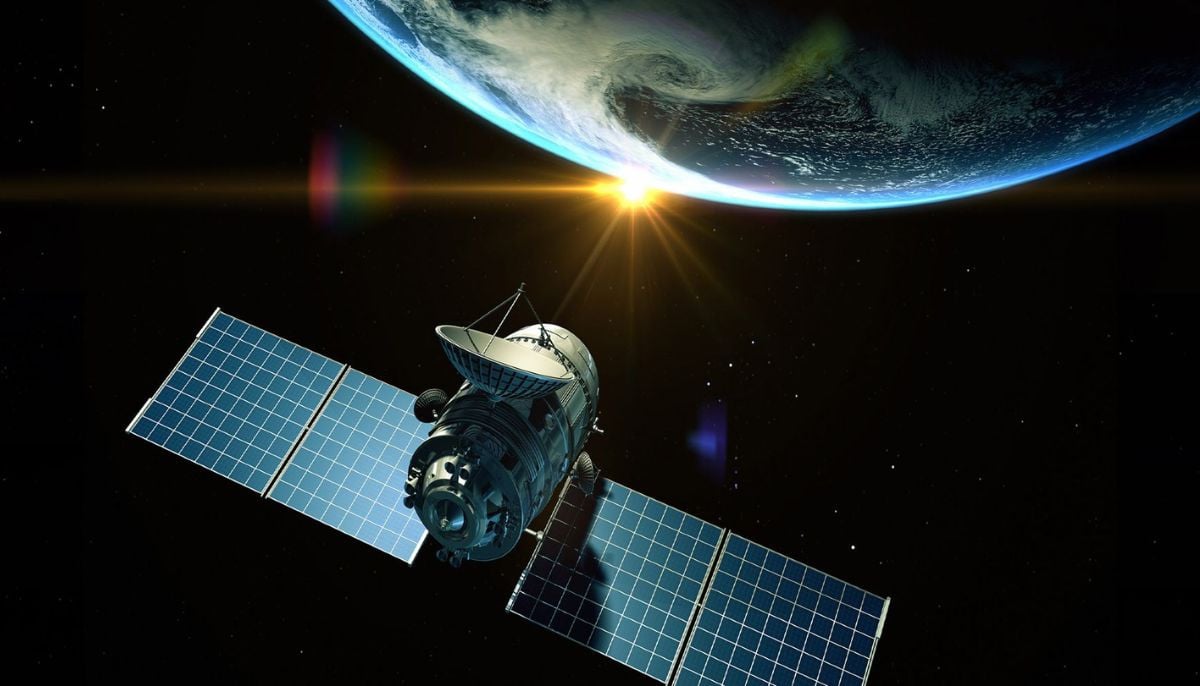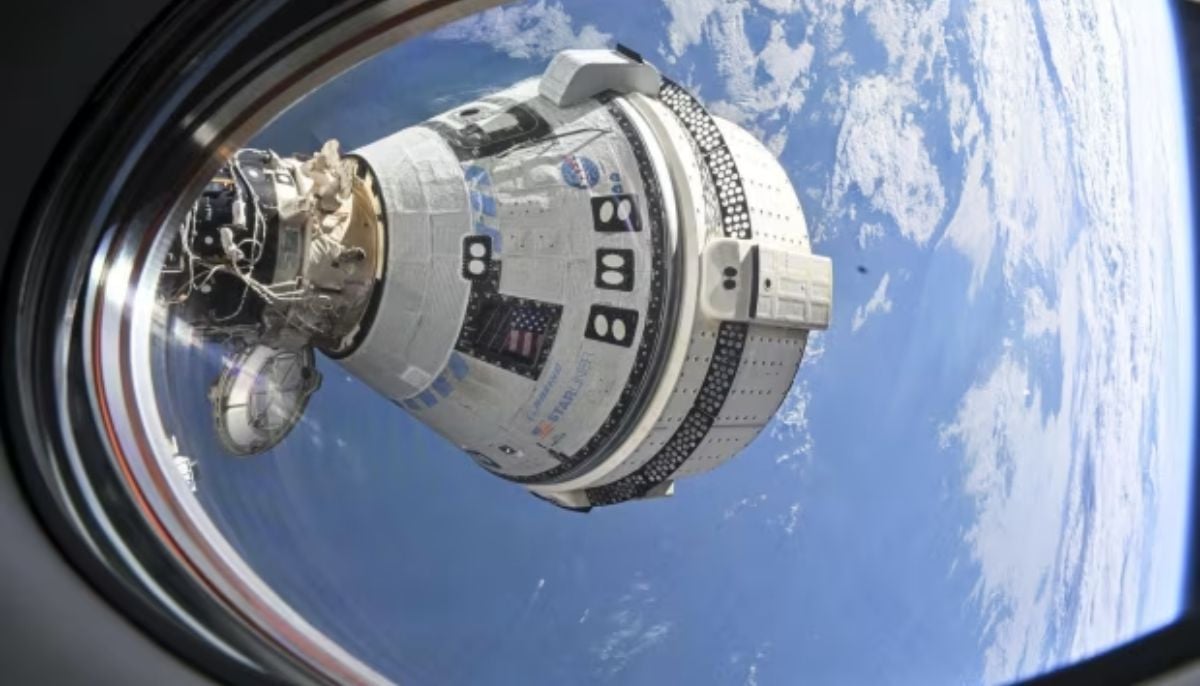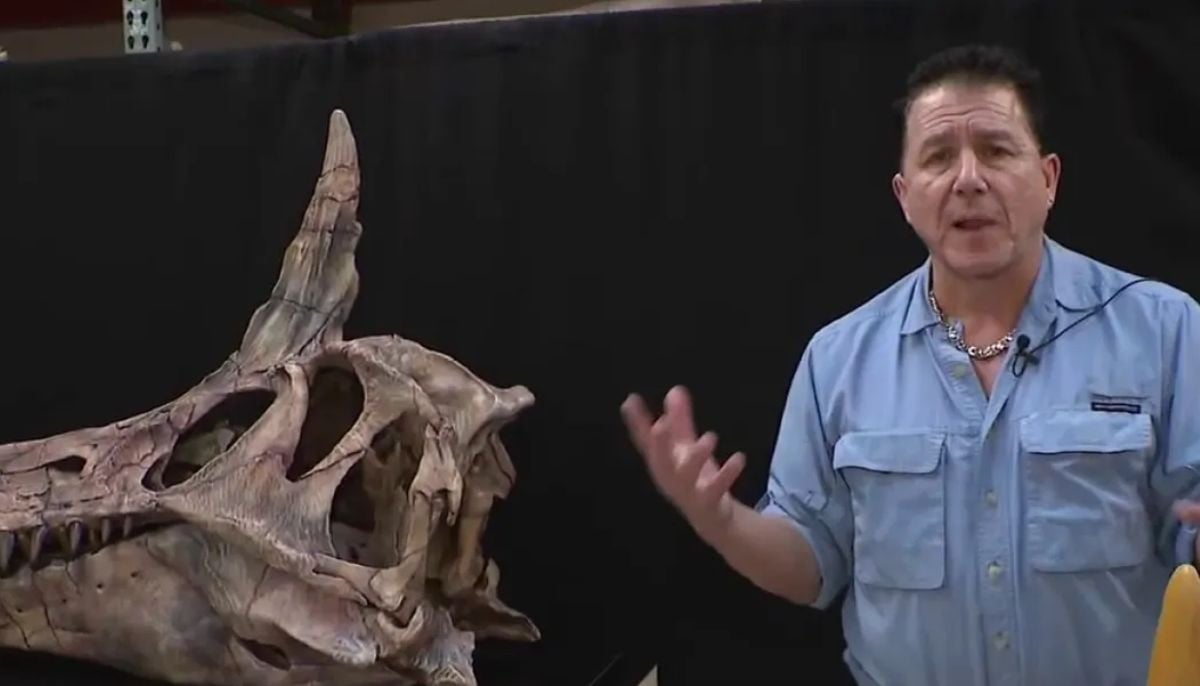AI may make warfare deadly further wrecking world peace: experts
From killer robots to battle automobiles, AI has power to control warfare more destructively than ever
Artificial intelligence (AI) has the potential to completely transform combat, much like gunpowder and the atomic bomb did and it might make conflicts between people unthinkably different and considerably deadlier, as per experts.
There were rumours that US President Joe Biden and China's Xi Jinping would agree to outlaw lethal autonomous weapons before their next conference.
Although there didn't seem to be any agreement from the summit, experts believe it's an important issue that is already changing armed conflict and intensifying the race for global domination.
Analysts claim Beijing is making significant investments in AI to the point that it will soon be able to alter the Asia-Pacific region's power dynamics, if not beyond.
And it has significant ramifications for the global system that the United States has long governed.
"This is not about the anxiety of no longer being the dominant power in the world; it is about the risks of living in a world in which the Chinese Communist Party becomes the dominant power," said a report by a panel of experts led by former Google president Eric Schmidt.
With the use of advanced sensors controlled by artificial intelligence (AI) algorithms, a computer is able to "see" and control a variety of weapons, including robots, drones, and torpedoes.
An autonomous weapon would not "wake up in the morning and decide to go and start a war," according to Stuart Russell, a computer science professor at the University of California, Berkeley.
"It's that they have the capability of locating, selecting and attacking human targets, or targets containing human beings, without human intervention."
An obvious, though probably not very realistic, example would be the killer robots found in many science fiction dystopias.
"People have been exploring that too, (but) to my mind that one is the least useful," Russell added.
Although most weapons are still in the concept or prototype stages, Russia's conflict in Ukraine has provided a sense of what they may be able to do.
Although remotely operated drones are not new, both sides are using them to drive people underground to seek safety as they become more autonomous.
Russell thinks this could be one of the most significant changes that happen right away.
"A likely consequence of having autonomous weapons is that basically, being visible anywhere on the battlefield will be a death sentence."
An assaulting force might benefit from autonomous weaponry in a number of ways, including increased efficiency, likely lower production costs, and the elimination of uncomfortable human emotions like fear and rage from combat scenarios.
However, these benefits bring up moral issues.
For instance, an aggressor's ability to use weapons is almost limitless if they are so inexpensive and simple to create, according to Russell.
"I can simply launch a million of them at once if I want to wipe out an entire city or an entire ethnic group," he added.
-
Space-based solar power could push the world beyond net zero: Here’s how
-
Hidden ‘dark galaxy' traced by ancient star clusters could rewrite the cosmic galaxy count
-
Astronauts face life threatening risk on Boeing Starliner, NASA says
-
Giant tortoise reintroduced to island after almost 200 years
-
Blood Falls in Antarctica? What causes the mysterious red waterfall hidden in ice
-
Scientists uncover surprising link between 2.7 million-year-old climate tipping point & human evolution
-
NASA takes next step towards Moon mission as Artemis II moves to launch pad operations following successful fuel test
-
Spinosaurus mirabilis: New species ready to take center stage at Chicago Children’s Museum in surprising discovery

